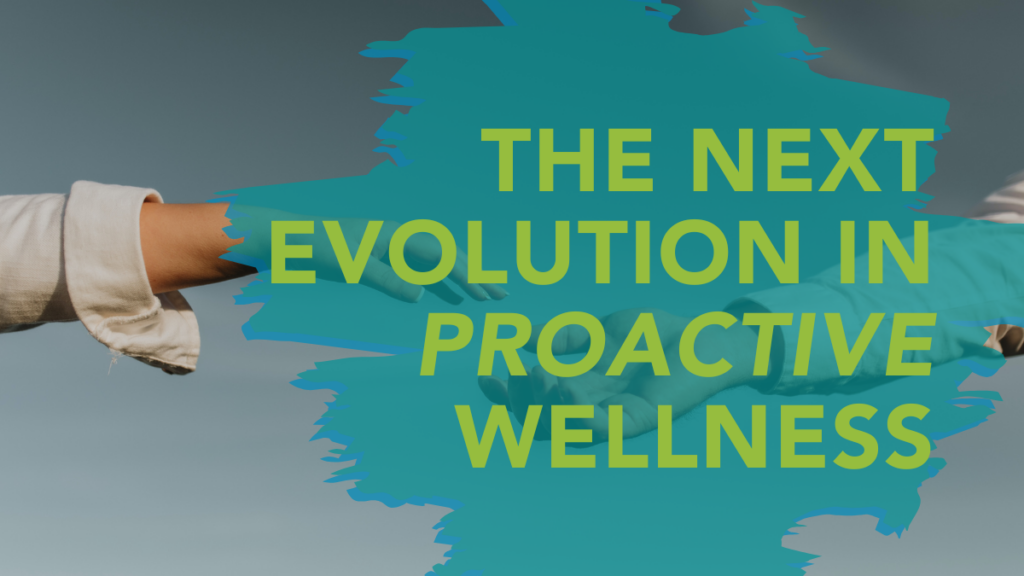Benchmark Analytics – Elevating Standards in Personnel Data Management
Posted
July 12, 2022
Share:
Modern policing and data management are now inextricably linked. Policing leaders use data analysis to gain valuable insights into patterns derived from crime statistics. Internally, data can point to officers excelling in their roles and ready to take on new responsibilities and those needing additional support.
 A rising tide of crime across the country coupled with public demands for accountability and transparency are propelling law enforcement agencies to adopt new – but inherently very different – data management strategies. Manufacturers of police hardware, CAD systems, and other crime-side systems are entering the personnel management space at this pivotal moment, attempting to offer “one-stop” solutions that house wildly different types of data within the same systems.
A rising tide of crime across the country coupled with public demands for accountability and transparency are propelling law enforcement agencies to adopt new – but inherently very different – data management strategies. Manufacturers of police hardware, CAD systems, and other crime-side systems are entering the personnel management space at this pivotal moment, attempting to offer “one-stop” solutions that house wildly different types of data within the same systems.
Law enforcement personnel data management is a highly specialized field. As experts in this field, we at Benchmark Analytics know that criminal and officer personnel data should never be stored together.
The Importance of Offender Data in an Era of Rising Crime
By analyzing data – suspect profiles, crime scene evidence, victim and witness statements, and other crime data – investigators can gain valuable insights needed to combat rising crime rates. At their core, these data points are striking evidence of the breakdown of law and order in the communities police are sworn to protect.
Officers Make the Difference – and Their Data Matters
Data science also plays a vital role in law enforcement personnel management. An officer’s personnel file is a window into their career in policing. It can open doors to new opportunities for advanced training, specialization — and, notably, advancement through the ranks.
Well-managed personnel data gives a complete and balanced picture of an officer’s career in service, with use of force incidents, internal affairs data, and positive policing outcomes, all contributing to that holistic portrayal of an officer’s service. These same data points also feed into early intervention systems and other efforts to increase transparency, accountability, and community trust.
Why Would You Conflate the Two?
Rigorous analysis of offender data and officer data serve an agency in distinctly different ways.
Offender data details crime incidents within the larger scope of current rising trends, whereas officer personnel files capture performance data within (or outside of) established standards and practices. The data points in criminal records and personnel files are entirely different, and the users of these two systems have fundamentally different needs.
Considering these facts, one system should never handle officer personnel data and criminal records – it is inherently fraught and invites problems. On a moral level, it goes against everything the badge stands for.
“…[agencies should] Develop appropriate and reasonable technology controls with common sense supporting procedures and guidelines.” – IACP Technology Policy Framework.
What need is served by storing disparate data types in the same system other than that of the company providing such a product? Common sense suggests these two types of different data should be kept apart.
How Will Your Officers Respond?
How do you expect your officers to respond when they learn their commendations and career progress records are stored alongside offender data? This sends a problematic message to the officers in your department.
Though some may claim there are “firewalls” to segregate these two types of data, at the end of the day, they’re still in the same system, and your officers will know this fact. Officers are rightly sensitive about internal affairs investigations and the data they generate. Any sustained or dismissed claim can seriously affect an officer’s future career progression and opportunities.
What impact will it have on your officers when they realize their personnel information is stored in the same system as criminals? What message will that send throughout your department?
As crime rates rise — and the public and politicians demand results — you need your officers to have a sense of buy-in and purpose with a system designed to support accountability and transparency.
The Hazards of Sending a Bad Message
Grouping internal affairs and personnel data with criminal data sends, at best, a mixed message to your officers.
In the case of internal affairs investigations, it can engender a perception of bias and guilt before an investigation is even initiated. Evidence shows that most internal affairs investigations are concluded with a non-criminal outcome.
A perception of unfair treatment – which is known to contribute to a culture of discord and internal distrust — is the last thing any department needs at this crucial time.
Law Enforcement Personnel Management is a Specialized Field
Benchmark Analytics focuses on law enforcement personnel management – we intentionally leave criminal data storage and analysis to specialists in that area of data science. Put simply, archiving data on police officers and criminals in the same systems is inherently problematic.
Why would these two data types ever need to be stored in the same system? There’s no practical or otherwise compelling reason to do so.
Amid rising crime rates affecting communities of all sizes across the country, data can and will play a critical role in reversing the trends. Department personnel is equally important in this fight, acting on data insights. Their work-related data should never be put side-by-side with that of the criminals they confront on patrol.
At Benchmark, our real-world experience in law enforcement makes this concept intrinsic to everything we do. It is our unique background at all levels of policing that informs our products, our philosophy, and how we evolve to meet the changing needs of law enforcement agencies.
Related Posts
Ready to Experience the Benchmark Difference?
Benchmark Analytics and its powerful suite of solutions can help you turn your agency’s challenges into opportunities. Get in touch with our expert team today.



